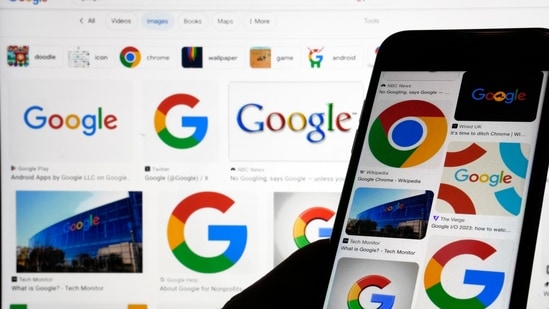Google to Appeal Antitrust Ruling in Landmark Case

The Department of Justice (DOJ) accused Google of leveraging its search dominance to unfairly edge out competitors, particularly through exclusive deals with companies like Apple and Mozilla to make Google the default search engine on their platforms. This strategy, the DOJ argued, not only limited consumer choice but also allowed Google to charge higher prices for search advertisements than it would have in a competitive market.
Judge Mehta agreed with these assertions, highlighting Google's practice of charging "supracompetitive prices" for general search text ads. He noted that this conduct had enabled Google to secure substantial monopoly profits, reinforcing its market power.
Google's response to the ruling was swift and firm. Kent Walker, Google's President of Global Affairs, expressed disappointment but also pointed out that the court recognized the quality of Google's search engine. Walker emphasized that Google's search innovations and user trust were key factors in its market position and announced plans to appeal the decision. He asserted that the ruling undermines Google's efforts to provide a high-quality search experience to users worldwide.
The trial also revealed Google's internal projections, indicating that losing its default status on Apple's Safari browser could result in a dramatic decrease in search queries and billions in lost revenue. This dependency on default settings underscores the extent to which Google's business model relies on these exclusive agreements.
While the ruling did not impose immediate penalties or corrective measures on Google, it sets a precedent that could lead to more stringent regulations and potential restructuring of Google's business practices. Judge Mehta's decision also touched on the issue of evidence preservation, admonishing Google for its policy of deleting employee chat messages after 24 hours, which could have been pertinent to the case. However, the court chose not to sanction Google on this matter, issuing a cautionary note for future compliance.
The case is part of a broader scrutiny of Google's business practices, with another significant trial concerning its advertising technology set for September. This continuing legal pressure reflects growing concerns over the power wielded by major tech companies and their influence on digital markets and consumer choices.
Google's legal battles are being closely watched as they may shape the future of antitrust enforcement in the digital age. The outcomes could have wide-ranging implications not just for Google, but for the entire tech industry, influencing how companies operate and compete in the global market.
Google's appeal will likely focus on defending its business model and emphasizing the benefits it claims to provide to users through innovation and high-quality services. However, the DOJ and other regulatory bodies are expected to continue their rigorous examination of Google's practices to ensure fair competition and protect consumer interests.

Join the conversation